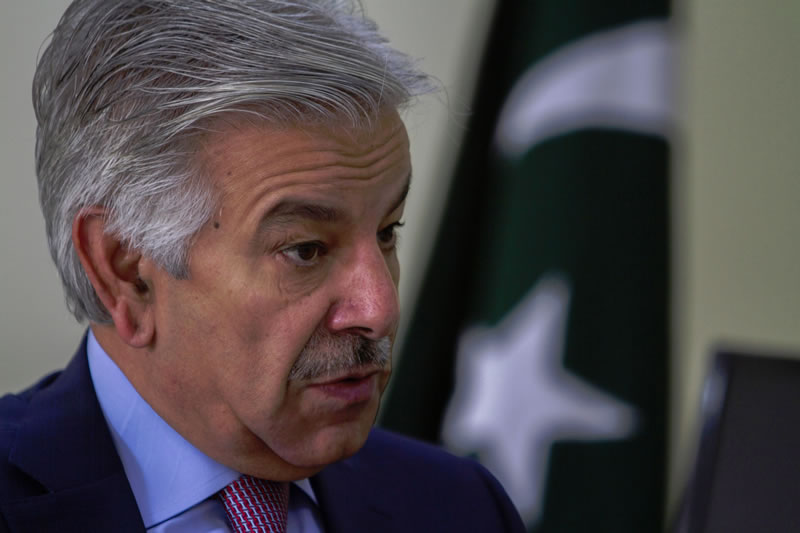 PESHAWAR: Not happy with the health care they have been providing to the public, the provincial government intends to curtail autonomy of its teaching hospitals, Dawn has learned.
PESHAWAR: Not happy with the health care they have been providing to the public, the provincial government intends to curtail autonomy of its teaching hospitals, Dawn has learned.
Officials concerned with improving patient care disclosed that the Health Institutions Regulation Act 1999 and the Medical and Health Institutions Ordinance 2002 that granted autonomy to the hospitals are being amended.A draft bill will shortly be put before the provincial assembly for approval in this connection.According to the officials the amendments propose equal representation of stakeholders in institutional management committees (IMCs) running the four hospitals, with the right to oppose the decisions which they feel are not in patients` interests and suggest what needs to be done.
They said once the proposed amendments are approved, senior medical professionals would be made part of IMCs so they could use their experience for betterment of health delivery system and prevent chief executives from taking wrong decisions.Officials said the posts of the four hospitals` chief executives would be advertised in newspapers and until then, the incumbent acting chief executives (ACEs) would continue to work with full powers.
On Saturday, the government appointed ACEs to Khyber Teaching Hospital and Hayatabad Medical Complex in Peshawar at the expiry of the incumbents` three-year contact.Earlier, ACEs were posted to Peshawars Lady Reading Hospital and Abbottabad`s Ayub Teaching Hospital after their predecessors stepped down of late.Officials said the government was convinced that autonomous status given to the four hospitals in question had failed to bear fruit and therefore, the flawed system hindering smooth functioning of the hospitals needed changes.
They said members of IMCs running these hospitals were unfit for the job and that they`re often bypassed or ignored by the relevant chief executives.Officials also said by and large, IMC members were not aware of the health system and therefore, they`re unable to actively participate in debates on technical issues, giving the respective chief executives a free hand to take decisions without restraint.They said junior officers of health department attended IMC meetings and therefore, they didn`t object to the plans made by their seniors i.e. chief executives of hospitals.
Officials said before autonomy was given to hospitals, the governor used to appoint senior professors as their administrators tasked with overseeing administrative affairs of hospitals besides doing their teaching and clinical responsibilities.They said in the post-autonomy regime, the chief executives of the hospitals were hired after advertising their posts in newspapers on the monthly salary of Rs1,50,000 in an effort to benefit from their vast experience for bettering health delivery system but that didn`t work.`The move to incorporate amendments to the said act is prompted by an evaluation report of teaching hospitals that pointed out weaknesses in the law. For instance, chief executives of hospitals claimed to have raised revenue but actually, they raised the fee for user charges and made patients to pay more,` an official said.
Officials said the government did away with the old system over its failure to improve health delivery network at hospitals and to generate more resources and better patient care but it didn`t deliver the goods.They said the amendments if approved would make it binding on the chief executives to increase their respective hospitals` revenue through use of operation theatre, outpatients departments and diagnostic facilities around the clock.Currently, the four hospitals work six hours a day only to the misery of patients pouring in from different parts of the province. – Dawn












